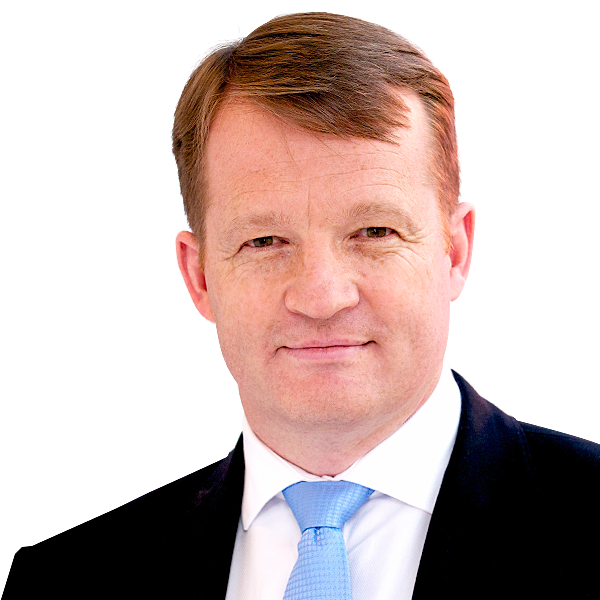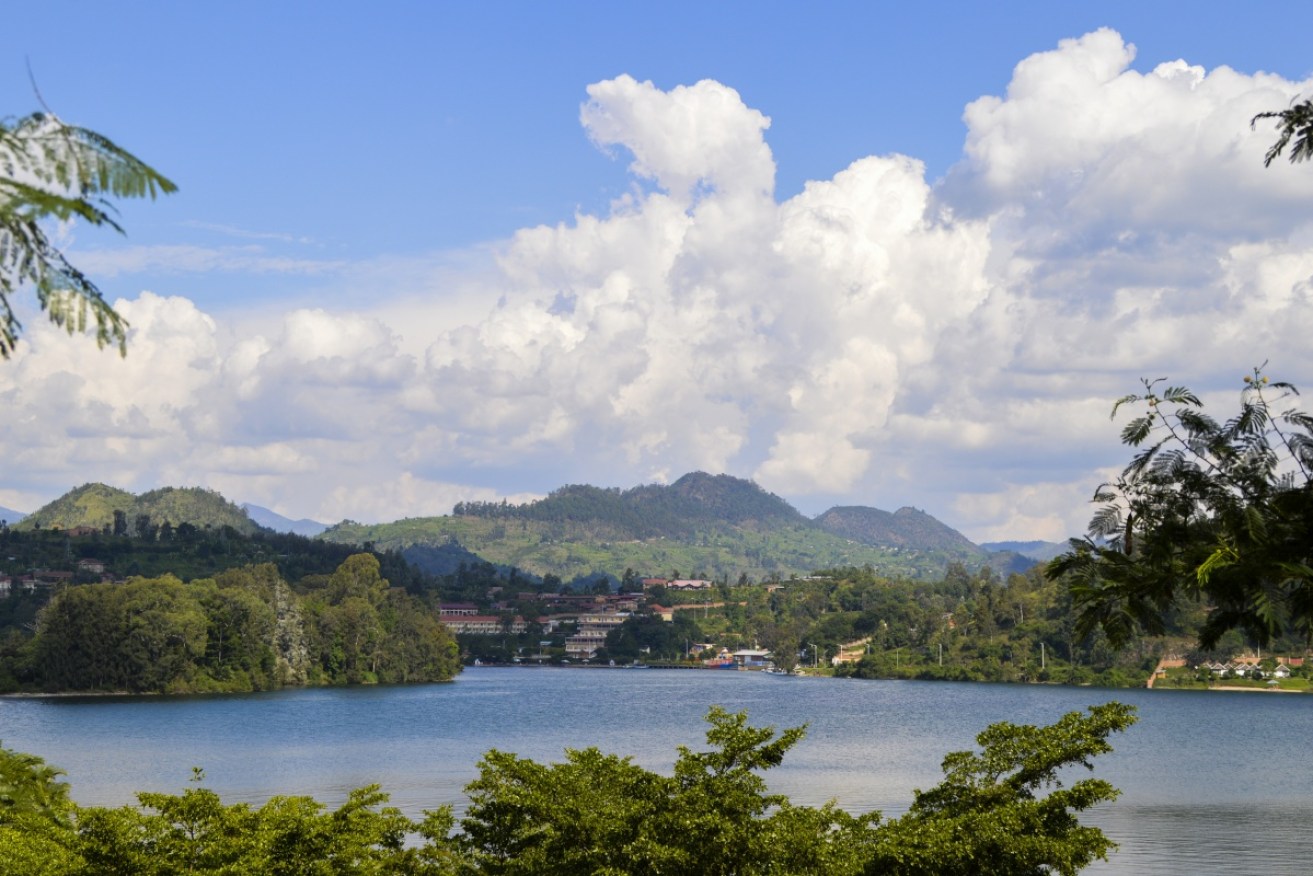Rwanda’s unlikely transformation is one you should see


Kibuye, a fishing town on the Rwandan coast of Lake Kivu also has many hotels and resorts. Photo: Getty
It’s stunning how quickly Rwanda has recovered from the 1994 Genocide. However, it is equally disappointing that many Westerners, Australians included, still think Rwanda is a dangerous country.
Nothing could be further from the truth.
Saying ‘I think Rwanda is dangerous today because of the Genocide’, would be like saying that Britain is dangerous because of Germans dropping bombs. We are about as far in time from the horrific bloodshed of 1994 as London was in 1964 from the start of World War 2.
These days, Rwanda rates favourably in the World Economic Forum’s recent Travel and Tourism report, ranking ninth-safest and a full 13 positions safer than Australia.

Lake Kivu, Gisenyi in Rwanda offers hotesl and resorts for holidaymakers. Photo: Getty
This is both admirable and a very far cry from the 1990s, when Rwanda was one of the most unsafe countries in the world.
I worked in Rwanda for the International Committee of the Red Cross in the aftermath of the Genocide. I know the country well and do not see it through rose-tinted glasses.
Back then it was indeed very dangerous. There were some 800 civilian casualties a week from ongoing genocidal attacks by militias using UN-funded refugee camps in Democratic Republic of the Congo as their bases.
Back then there was no functional police force, no system-wide training for the Rwandan military in human rights, and no way a white person could walk the streets safely during the day, let alone at night.
On one occasion I had to stand helplessly as thieves rifled my car in front of me. Thankfully, they took my toolbox, but not my life.
Saturday marked 24 years since the start of the Rwandan Genocide and roughly 20 years since I left, so I thought I’d take a visit.
Watch the video of Andrew MacLeod’s return to Rwanda
I knew Rwanda had improved, but I did not realise how much. Neither did I appreciate the full lessons that Rwanda can give other countries trying to achieve peaceful economic development.
When the Tutsi-led army defeated the partially French-backed Hutu killers, it was the third Rwandan genocide of the 1900s. Each of the decades of the 50s, 70s and 90s saw a genocide in Rwanda. We only heard of the 1994 one thanks to the relatively new CNN.
What we didn’t see was the longer history and greater perspective that people who knew Rwanda, and were Rwandan, had.
On my last day in Rwanda in 1999 I met with the now-president, but then general, Paul Kagame and asked him, “Sir, what do you want to do with Rwanda?”
He answered, “I want reconciliation between the Tutsis and Hutus”.
I looked at him sceptically as he continued.
“You keep forgetting there were three Genocides this century. I am Tutsi, my children are Tutsi. If I don’t get reconciliation, there will be a fourth Genocide and my children will die,” he said.
He had perspective and knowledge. I believed him.
With some validity the Rwandans blamed the West for allowing the Genocide to take place. It is now well documented that the UN knew in advance of the Genocide, also that France had promised to veto any action in the Security Council to stop the slaughter (as the French backed the francophone Hutus against the Anglophone Tutsis).
Industrial boom
Post-genocide, the Rwandans did not turn to the international community’s aid arms for massive assistance. Why turn to aid given by those who allowed the killing in the first place?
Instead, Rwanda turned largely to the private sector. They liberated the exchange rate mechanism, allowed for repatriation of profits, ensured enforcability of contracts under local laws and implemented zero tolerance for corruption.
It is now a country better ranked for anti-corruption by Transparency International than many OECD countries – and better ranked than several European countries.
Rwanda also aims to be the first fully optic-fibre-cabled country in Africa, putting Australia’s fibre-to-the-node NBN to shame. As a result, Rwanda is known as the CEO’s friend and investment has flooded in.
Kigali, the capital, is full of buildings and activities that did not exist when I was last there, testament to development. But it was not these big successes that impressed me on my visit, it was the little ones.
There are footpaths. There weren’t in 1999. There was one functioning set of traffic lights in the entire country in 1999. Now there are many. There is bitumen on many more roads, more office buildings, more businesses and more employment.

A view over the rooftops of Kigali City, the capital of Rwanda. Photo: Getty
In 1999 we started the first academy to train Rwandan police. Now the police have radar guns for detecting speeding! People stop at red lights and stay in their lanes while driving. Base-level policing works.
In 1999 kids would throw stones at my car and hurl abuse. Now they come up and smile.
But there are those who criticise Rwanda and particularly President Kagame. They say he doesn’t respect human rights, particularly that of free expression.
What these critics forget is that free expression, without a community-wide understanding of the responsibility to express views that do not inspire hatred and violence, often results in violence. The free Radio de Mille Collines exercised its right of free expression in 1994 by encouraging Hutus to kill the Tutsi ‘cockroaches’.
One million people died.
To cement peace, a country needs four generations without conflict. More than that, everyone needs to feel they can eat, sleep, educate their children and have basic health care.
So far Rwanda has had one generation of peace. It is a work in progress, but it is a great story so far.
- While Rwanda is safer than it once was, there are dangers in every country. Please consider the latest Australian Government travel advice.








